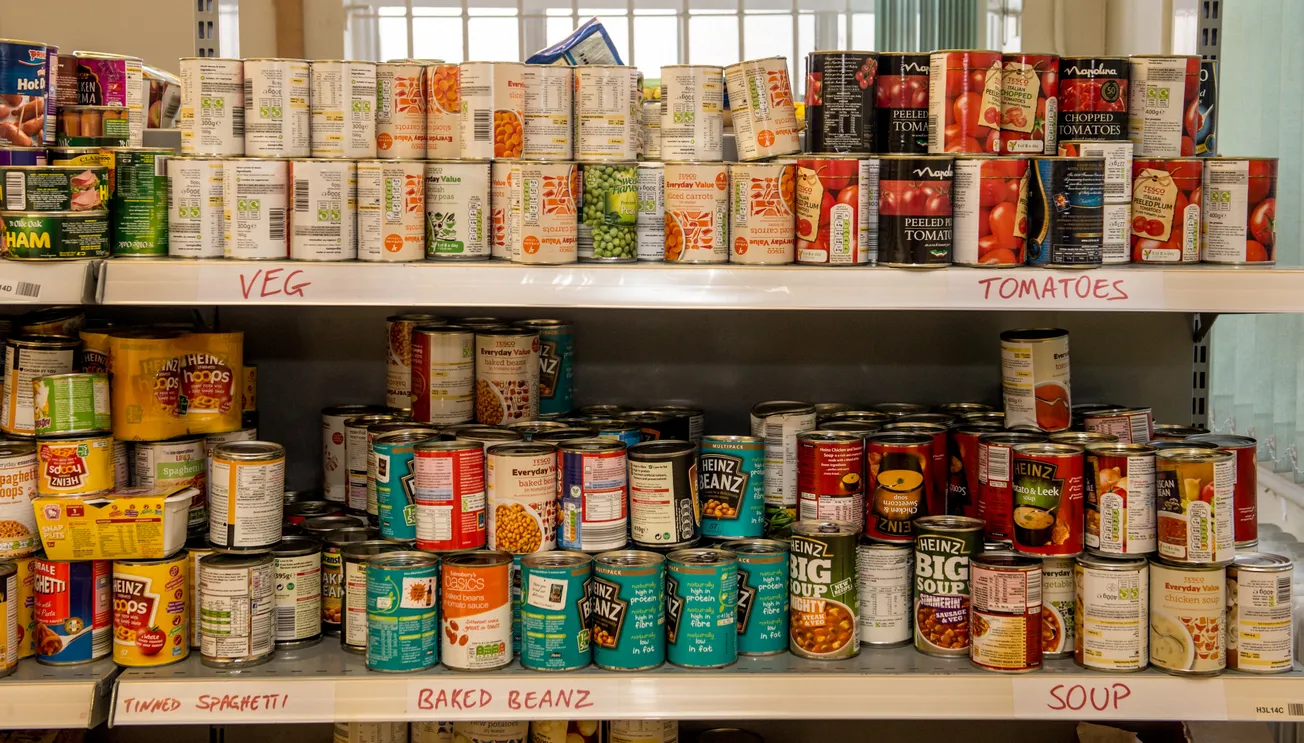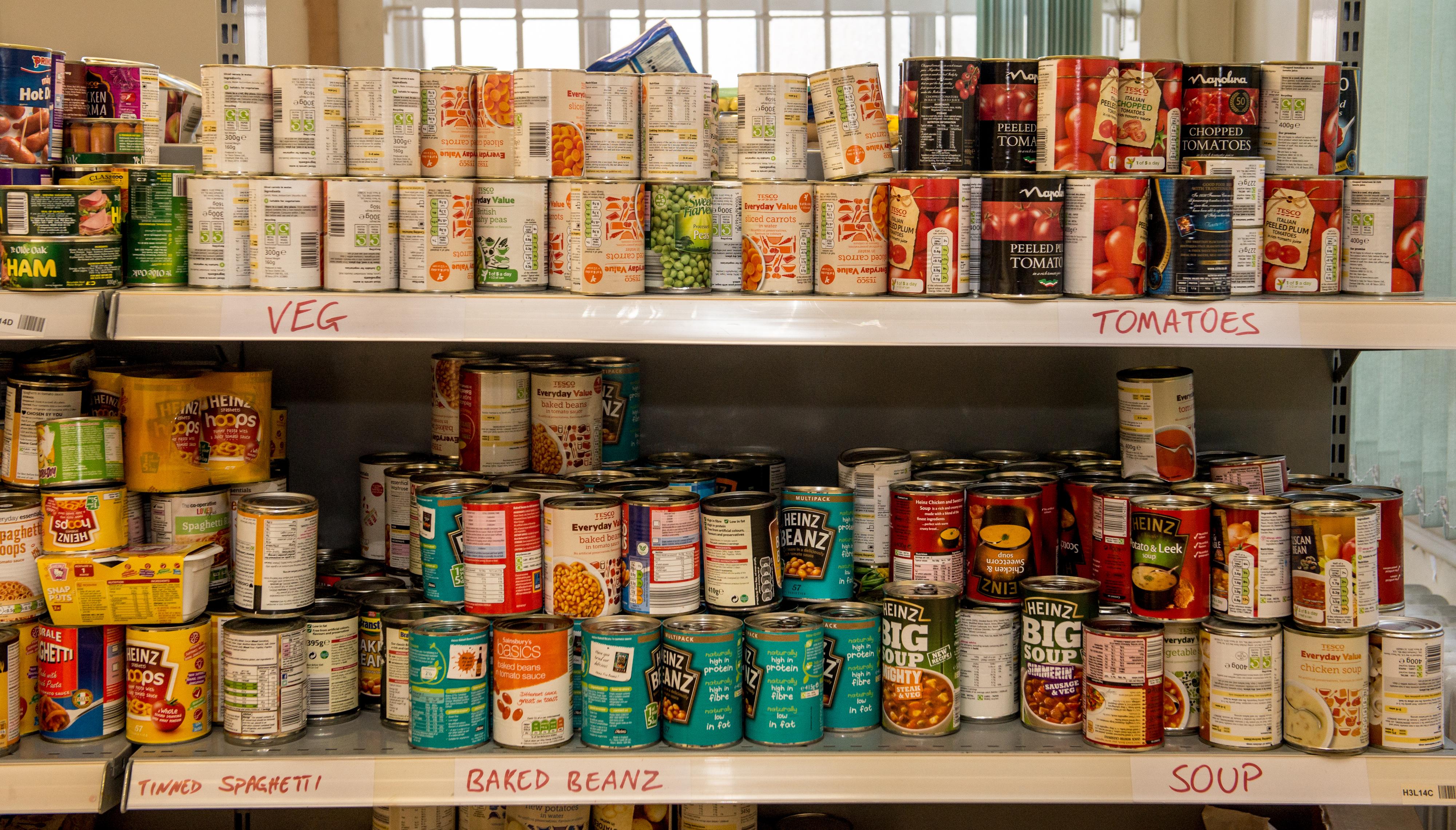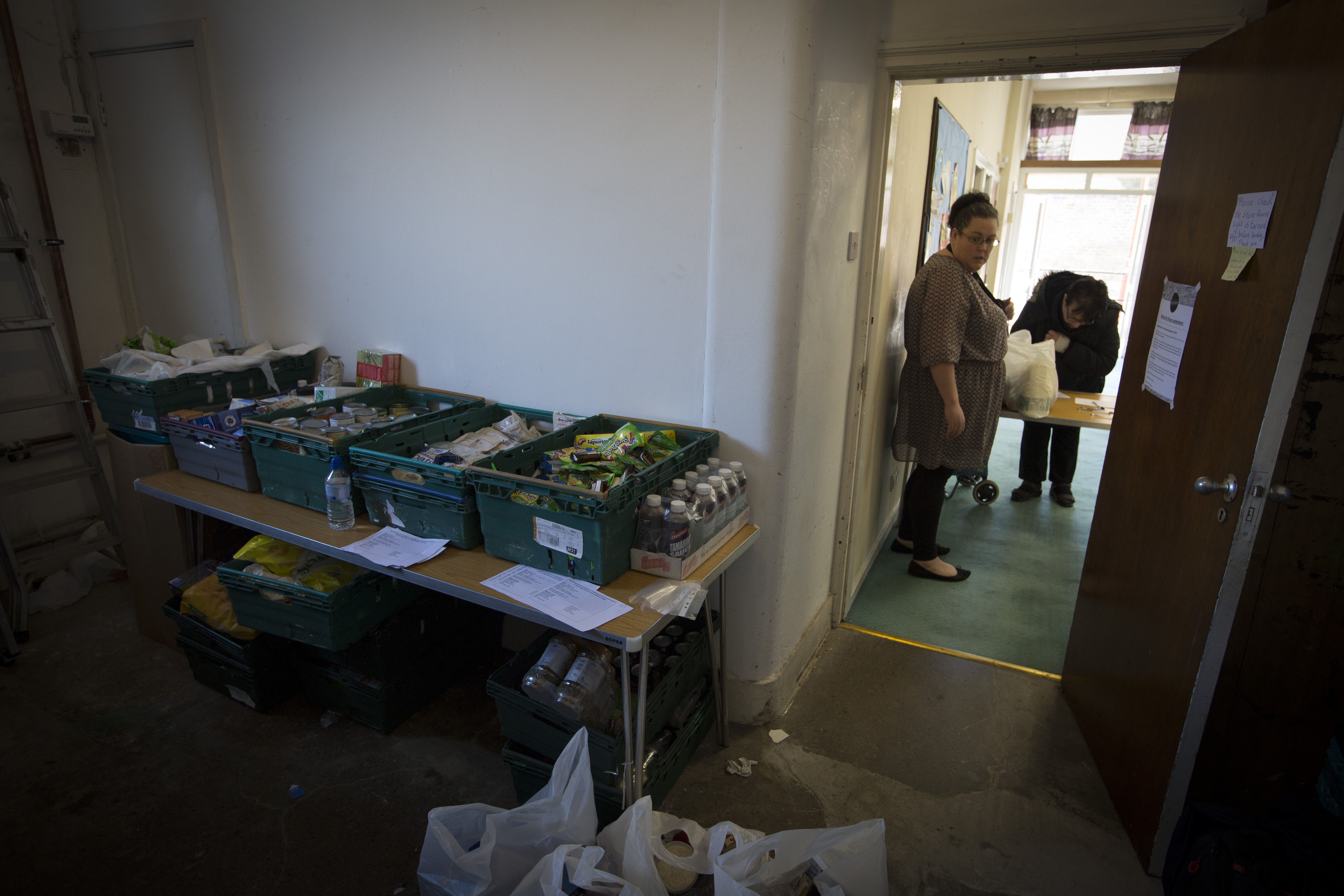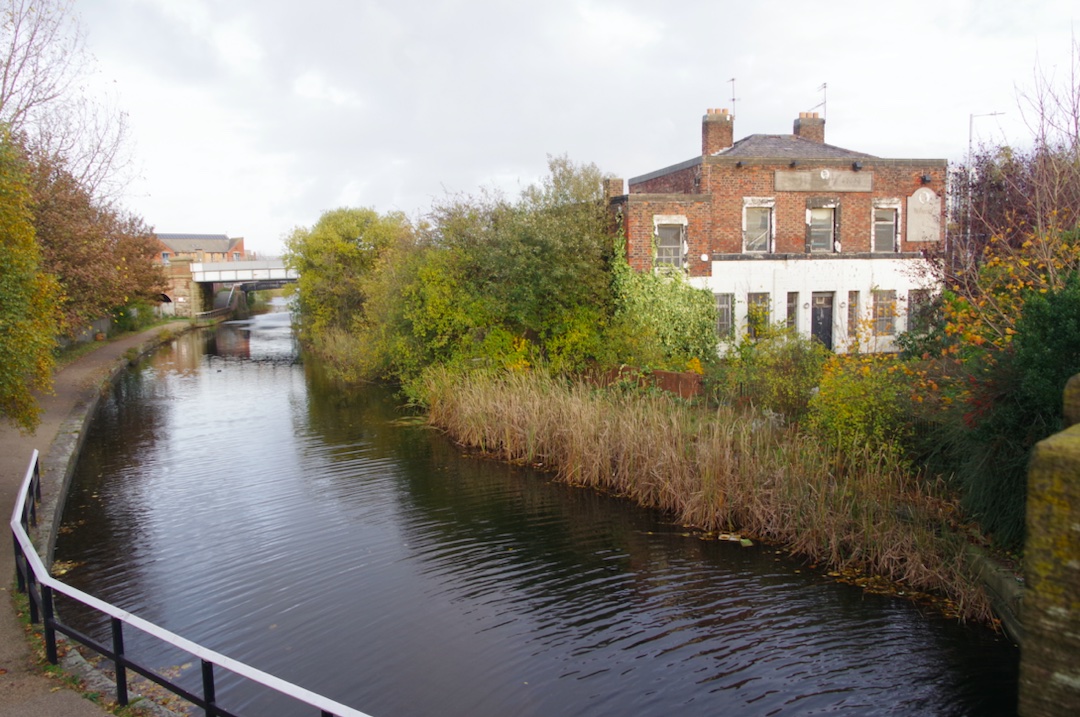One message changed everything

'You're there, and you've exhausted your options, and that was your last option'
Back in April, editor Mollie Simpson wrote an article about the cost of living crisis that hit a chord with readers. As reader Stuart Richman described it, the article was “direct, truthful, engrossing and revealing”. She accompanied Caroline, a single mother of three, who has to make ends meet on just £1,200 a month, on a weekly food shop. Six months before the interview, the pressure had felt so unbearable that Caroline attempted to take her own life.
Some of the most heart-rending aspects of the article centred on how difficult Caroline found navigating the bureaucracy around claiming benefits (she’s eager to work but with one son with cystic fibrosis, is unable to find a job flexible enough to accommodate the flare ups that accompany this disability).
‘I've been claiming the same things since I've moved over and my rent is more on this property but my money has gone down, it makes zero sense, there’s got to be something I can do,’ she wrote, like a pointless scream into the bureaucratic void. ‘I'm struggling to feed my children as it is and bills each month and now I've been receiving even less, which means I'm always going to be behind and chasing my tail. It can't be right that people have addictions and things, fake mental health, and get more money than I can as a single mother of three.’
We’re delighted to report that since writing this article, a reader who has worked within the benefit system got in touch: he had a hunch that Caroline wasn’t getting the money she was entitled to. We sent Mollie to follow up with Caroline — and a feel-good read follows.
It’s around lunchtime when I get off the 47 bus near Bootle Strand. It’s a warm day and children have been lured outside by the sun to play on the streets. Families linger and chat outside the shopping centre. Caroline walks around the corner and waves at me with one free hand, her other holding her son Ollie. We get takeaway drinks from McDonald’s — I drink black coffee, she drinks Coca-Cola. Ollie sips on a Ribena and holds her hand the whole way. He gets more confident as we walk, starting to smile at me after an hour or so.
We first met in April. I wanted to talk to Caroline to understand how the cost of living crisis felt for single mothers. The Independent reported last year that single mothers make up 3.5% of the total UK population according to ONS, but as a group they make up 16% of universal credit claimants. This is because there aren’t many jobs for those who parent alone: the 20 minutes you need to walk your kids to school and the 20 minutes to pick them up six hours later, plus the school assemblies, doctors and dentists appointments and extra curriculars aren’t always appreciated by employers who work on a tight 9-5 schedule. Caroline has struggled to find a job that accommodates this, too.
So when she smiled and agreed to an interview, as long as she could be anonymous, we spent an hour walking up and down the aisles as she did her weekly food shop. It was a precise operation: every meal was costed and carefully considered. There were still treats for the kids but not much for herself. There would be days when the kids might eat and she might not.

That month, money got tighter. Caroline visited a food bank in Bootle for the first time. She rang ahead and walked in the next day. People in the aisles stood still staring at the shelves, which were all lined with tins of beans, lentils, chickpeas and corned beef. “It was shocking,” she says. “There was not a meal to be made out of that.” There were tiny chocolate bars for children that were about to go off. There was cereal but no milk to go with it, and bread but no butter. “It was okay, being handed food, but I was still worrying about how to make a meal out of that,” she says. “None of it made sense. You’re there, and you’ve exhausted your options, and that was your last option. That was horrible. I had a bit of a breakdown over it.”
Things felt as hard as they’d ever been. But then, a reader named John, a 75-year-old man who lives in Sefton, got in touch. Caroline has three children with disabilities and complex needs. She has also struggled with her hearing. John has a background working in the benefits system and understands that the system can be tricky to navigate, leaving families who deserve and need more support without. When he read that her monthly income amounted to £1,200, he suspected she was entitled to more.
When I speak to John over the phone, he patiently explains how it works. There are some premiums you are entitled to if there is a disabled child involved and you’re already claiming universal credit and housing benefit. It’s a case of showing the Disability Living Allowance and Department of Working Pensions that this child’s needs are greater than that of their peers.

When she tried to fill in the forms herself, Caroline found this almost impossible to illustrate: she hated the suggestion that there was a question mark over whether her kids did or didn’t deserve anything, and the granular detail of the application process frustrated her. Did she know how long it took to brush her kids’ teeth? How many brushstrokes could they do on their own without asking for help? Were her daughter’s behavioural issues affecting the family every day of the week, or just some? “The bad days come four days a week but I don’t know what day that will happen,” she says. “These forms are like, if it’s not happening every day of the week, do they need it? When they look at your life on a piece of paper, they’re not seeing the real thing.”
Over a few weeks, John and Caroline filled them in together in the local Costa Coffee over lattes. It was the same time, the same place, same seat every time. It wasn’t all business: they also talked about their lives and he made her laugh as he’s a latte-addict. Yesterday, they finished the forms and John hand-posted them to the Disability Living Allowance and the Department of Working Pensions. He tells me that once her new claims are accepted, she may get an extra £250 a week. That’s for disabled child benefit, a higher rate of universal credit and her own personal disability allowance.
“We all have a civic duty to look after each other,” John says. “I have a duty with the skills I have to look out for people.”
Caroline tells me the fact that he listens means a lot. “I’ve got good friends but they don’t understand what I’m going through, financially-wise,” she says. “They get it but they don’t. He cares.”

The fact that Caroline has been missing out on what she’s entitled to isn’t just a case of how complex the system is to navigate: you can trace it back to how the Department for Working Pensions has changed. According to John, under austerity, it clamped down on signposting people to accessing the right benefits services. “What that’s caused is an even greater cost of living crisis,” he says. He adds there is a greater stigma attached to receiving benefits, and he has noticed from his community work in Bootle that some people won’t claim what they might be entitled to. This might be out of pride, or a desire to contribute, rather than suffer the feeling that they’re taking away from society. “But when you’ve got a family on a tin of beans every day, no one can live like that,” he says. “Nobody could.”
Meeting John has been almost life-changing for Caroline. Knowing there’s going to be more help coming in soon has allowed her to return to what she calls “from-scratch cooking” and buy fresh, quality ingredients again. She made a coconut lemon chicken for her family that night, and the next day she went out and bought fresh bedsheets for her oldest son and a pram for Ollie. She talks about treating herself to a fresh box of hair dye, as well. We drain our drinks and prepare to say goodbye: she’s going to pick up the kids from school, I’m heading home to write. When we first met, she didn’t want to think about the following week. Now, the future isn’t as scary. “I was in a bit of a crisis for seven months, a bit of a dark place,” she says. “I kind of keep it to myself when I'm struggling, I don't like asking for help much. Until now, no one reached out. Now, people are.”

Comments
Latest
And the winner is...
Losing local radio — and my mum
A place in the sun: How do a bankrupt charity boss and his councillor partner afford a “luxury” flat abroad?
Gritty, cheeky, sincere: How Martin Parr captured the spirit of Merseyside
One message changed everything
'You're there, and you've exhausted your options, and that was your last option'